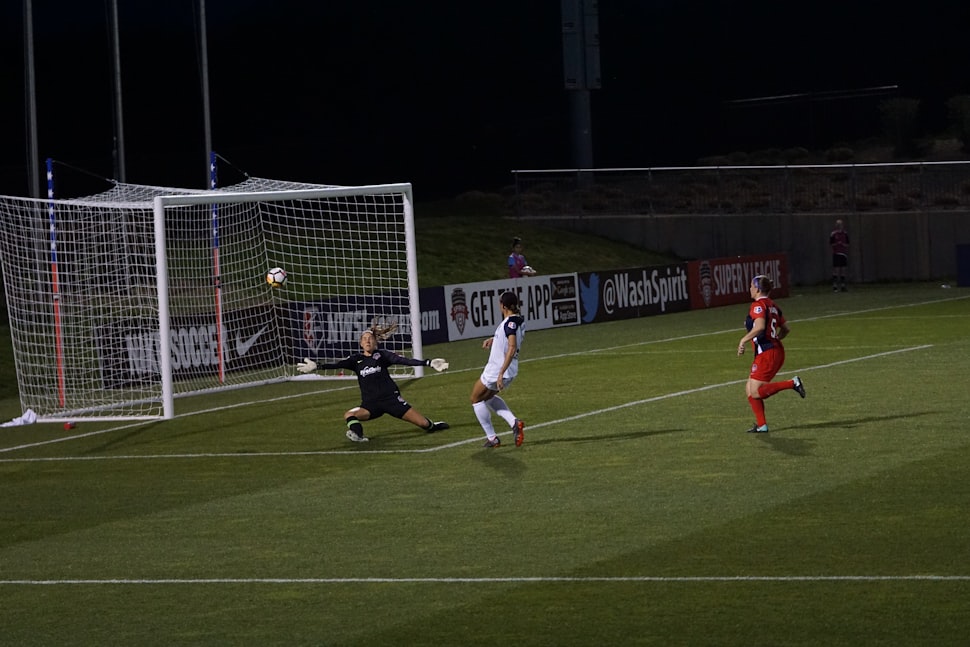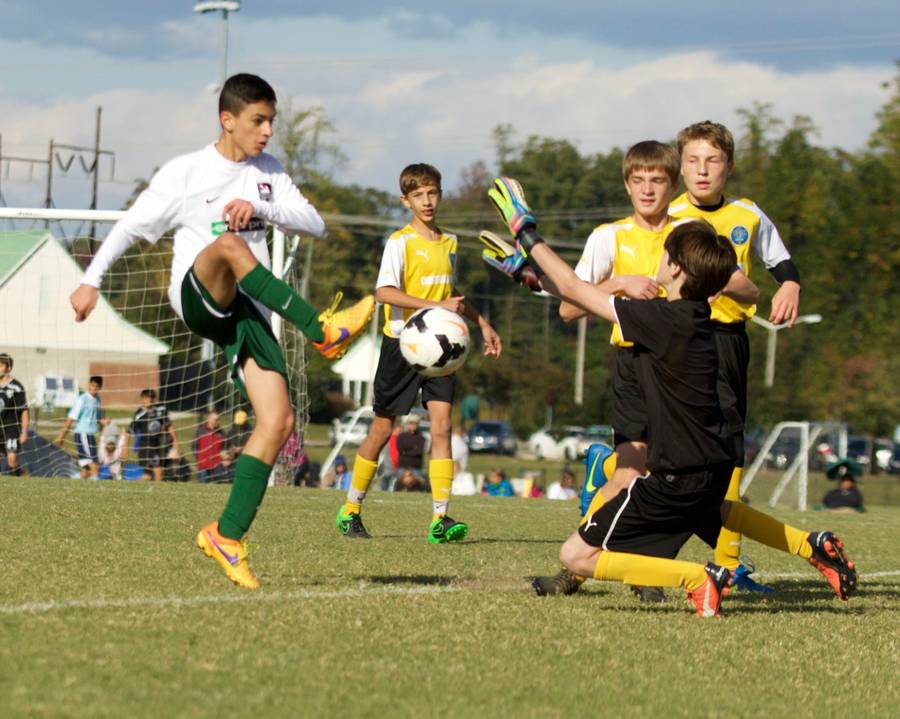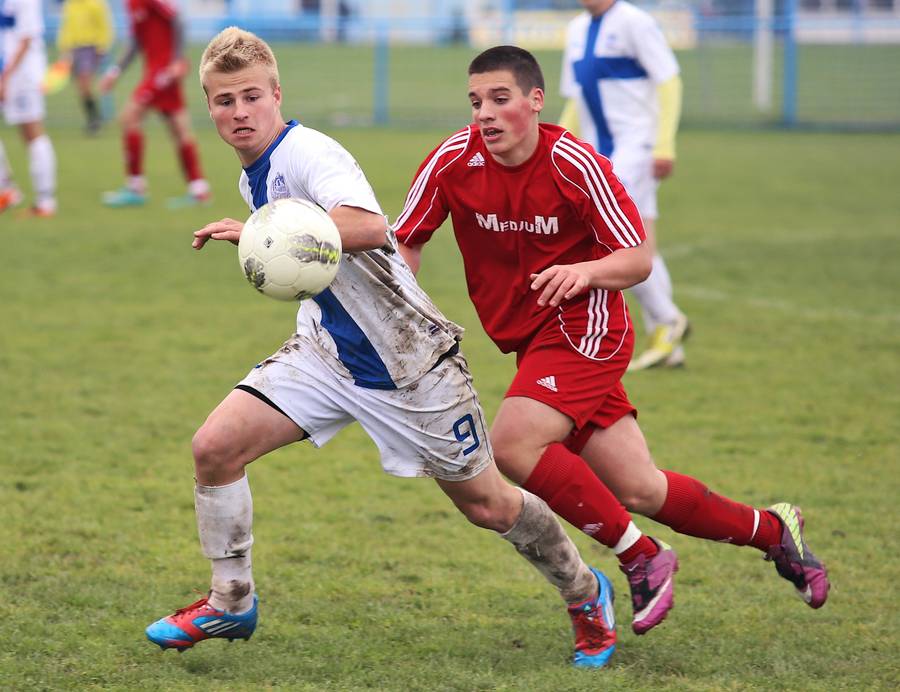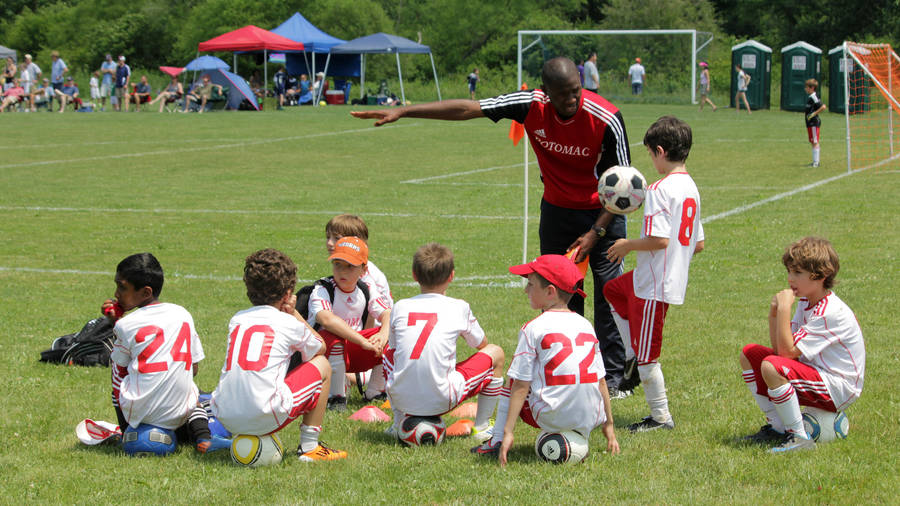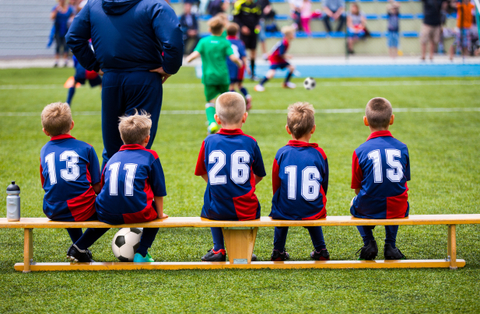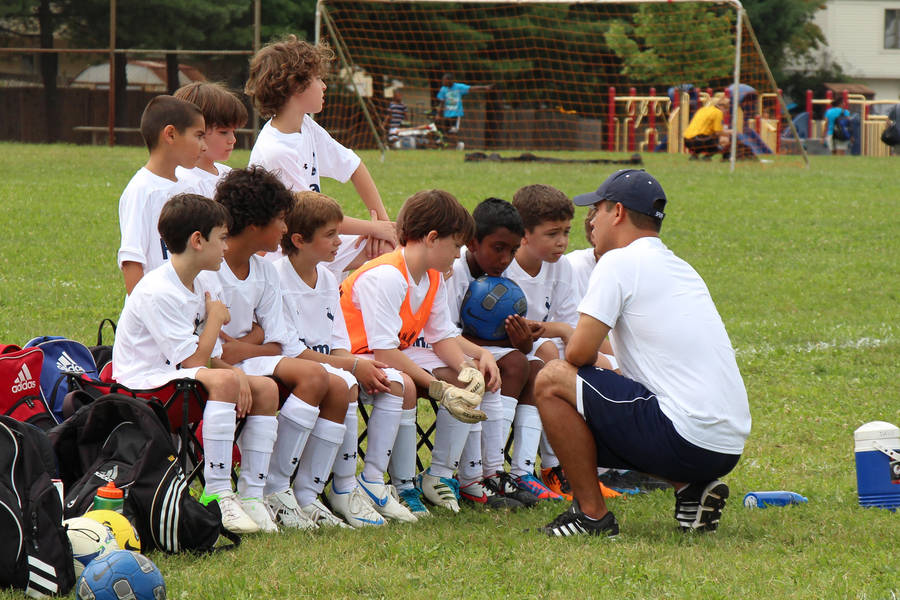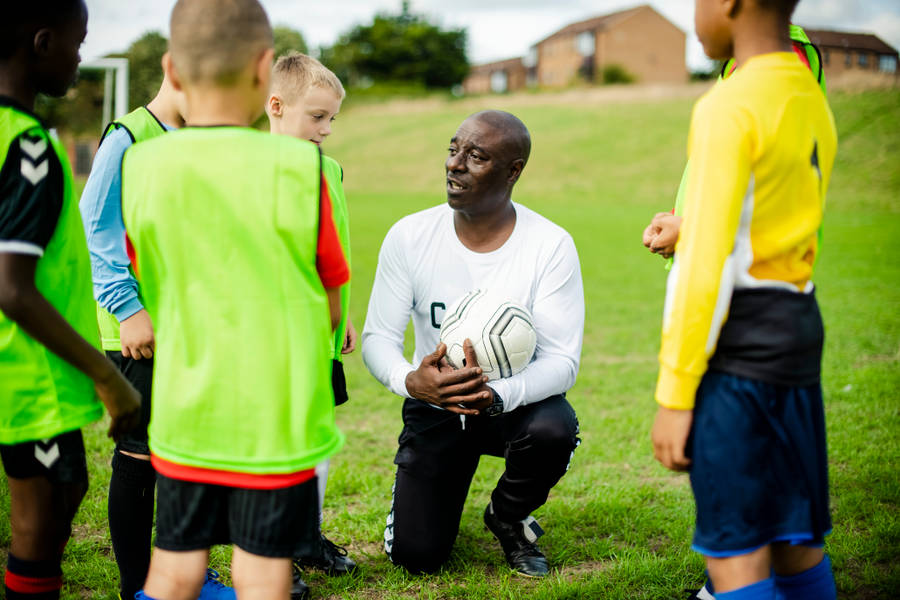Football is more than just a game. NinjaPapers.com is a platform that has the potential to change lives, to shape character, and to provide opportunities for personal and professional growth. Football education has the potential to be a game changer in the lives of athletes. The key to unlocking this potential is education, not merely in terms of academics, but also in terms of personal development and life skills. This article delves into the world of football education programs, the role of education in bridging the gap between football and academics, and the power of holistic education in empowering football players for life beyond sports.
Football Education Programs: Preparing Athletes for Post-Sports Careers
The end of a professional football career does not signal the end of an athlete's productive life. Rather, it opens up a new chapter full of opportunities beyond the sports field. Football education programs play a critical role in preparing athletes for these post-sports careers.
Football education programs are designed with a dual purpose. Firstly, they aim to equip football players with the technical skills necessary to excel in their sports careers. This includes training in tactical strategies, physical fitness, and performance analysis. Secondly, these programs also focus on life beyond sports, helping athletes to prepare for the transition from professional sports to other careers.
These programs offer a variety of courses that cover a range of subjects such as business management, finance, communications, and even entrepreneurship. They provide athletes with the necessary knowledge and skills to pursue careers in these fields once they retire from professional football. These programs also offer career counseling and workshops on resume writing and job interview skills, further enhancing the athletes' readiness for the job market.
Bridging the Gap between Football and Academics: The Role of Education
Education has a crucial role to play in bridging the gap between football and academics. It is not uncommon for athletes to focus solely on their sports careers, often at the expense of their academic pursuits. This can lead to a lack of preparedness for life after sports, which can be particularly problematic if an athlete's sports career is cut short due to injury or other unforeseen circumstances.
The role of education in this context is twofold. On the one hand, it provides athletes with the knowledge and skills necessary to pursue a range of career options outside of sports. On the other hand, it helps to instill in athletes a sense of identity beyond their sports persona, thereby aiding in their personal development and overall well-being.
Education can be delivered through a variety of channels, including traditional classroom settings, online courses, and experiential learning opportunities. By incorporating a mix of these approaches, athletes can benefit from a well-rounded educational experience that caters to their unique needs and learning styles.
Empowering Football Players through Holistic Education: Beyond the Game
Holistic education goes beyond academics and vocational training. It takes into account the whole person – mind, body, and spirit – and aspires to develop all these aspects in harmony. For football players, holistic education can be a powerful tool for empowerment, equipping them not only with academic and professional skills, but also with personal and social skills that can serve them well in life beyond sports.
In the context of football, holistic education can encompass a range of areas, including physical health and wellness, mental health and resilience, social skills and teamwork, leadership and character development, and even community engagement and social responsibility. By addressing these areas, football education programs can help to cultivate well-rounded individuals who are capable of making significant contributions both on and off the sports field.
Holistic education also promotes lifelong learning, encouraging athletes to continually seek knowledge and personal growth even after their sports careers have ended. This fosters a mindset of adaptability and resilience, which can be invaluable in navigating the challenges and changes that life inevitably brings.
Transferable Skills from Football to Education: Unlocking Future Opportunities
Football is not just about scoring goals and winning matches. It is a rich learning environment where players can develop a range of transferable skills that can be applied in various aspects of life, including education and career pursuits.
Teamwork, leadership, discipline, resilience, and strategic thinking are just some of the skills that football players develop on the field. These skills are highly valued in the academic world and in the job market, opening up a wealth of opportunities for players beyond their sports careers.
Moreover, the experiences and lessons learned on the football field can also serve as powerful motivators and sources of inspiration in other areas of life. They can fuel a player's passion for learning, enhance their problem-solving capabilities, and instill in them a sense of purpose and direction.
In conclusion, education has the potential to be a game changer in the lives of football players, equipping them with the knowledge, skills, and mindset necessary to thrive in life beyond sports. As they say, the game may end, but the lessons learned last a lifetime. So, whether you're a football player, a coach, or a fan, let's champion the cause of education in football, because the future of our athletes – and indeed, our society – depends on it.

